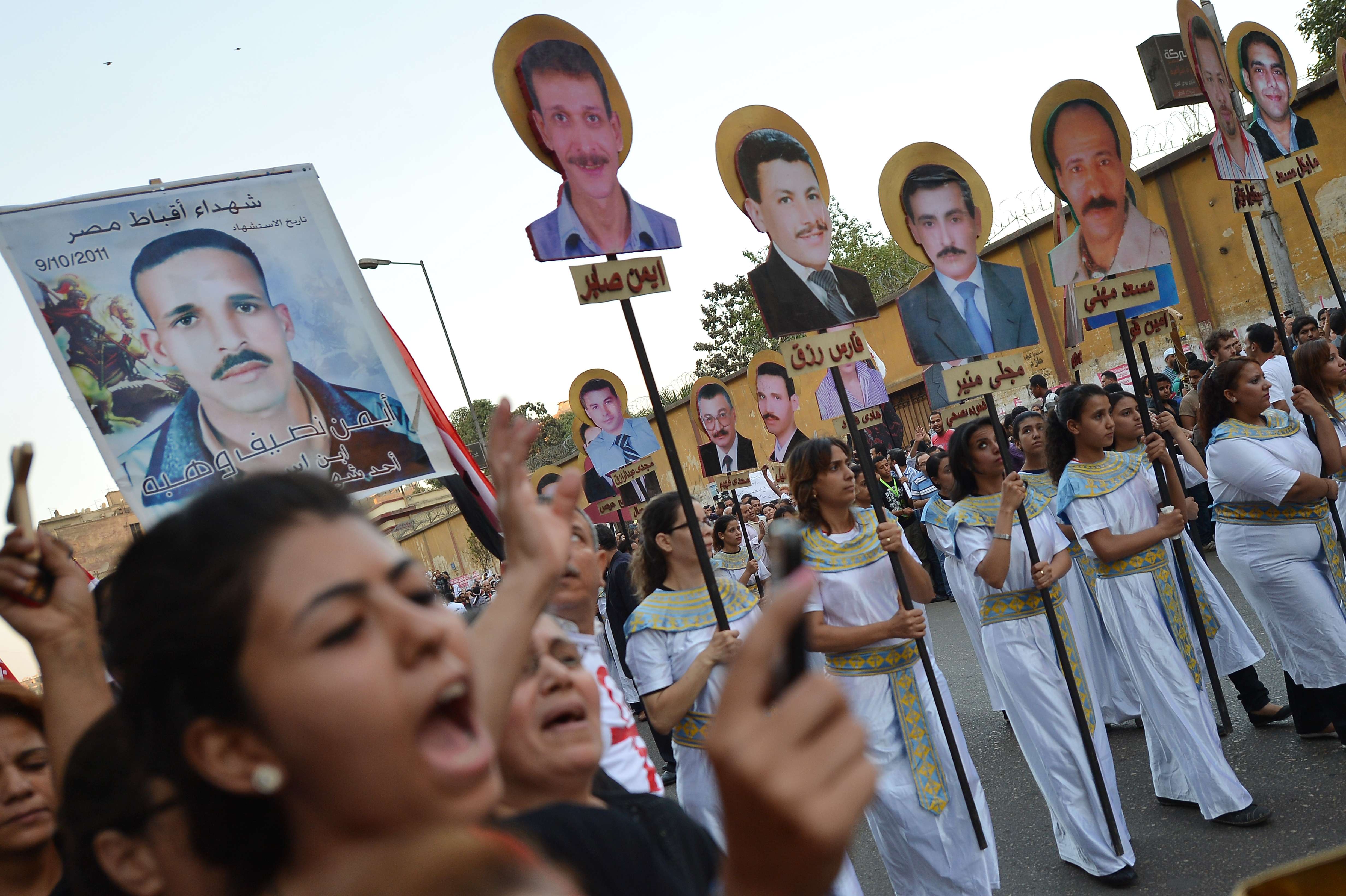A Cairo court is set to issue a verdict on three Al-Jazeera journalists accused of being part of a terrorist group and broadcasting false information. The ruling comes as authorities crack down on independent reporting.
A seasoned foreign correspondent shrugged: Like several others, he was mulling the prospects of leaving Egypt for good and moving to another country in the Middle East, maybe Lebanon. He hadn’t quite made up his mind, he said. Egypt, he explained, was “getting just a bit too difficult right now.”
Egyptian authorities are cracking down on the media – and this increasingly includes foreign journalists. In recent months, many correspondents have had to wait months for even a temporary press card and work permits and in recent weeks those reporting on recent militants’ attacks on the Egyptian army in Sinai have received emails from a unit within the Information Ministry, asking them to correct “false” casualty figures.
At least 18 journalists are behind bars because of their reporting, according to the Committee to Protect Journalists. That’s the most reporters the group has recorded being in prison since it started keeping records for Egypt in 1990, but human rights activists put the number far higher.
According to the human rights lawyer Gamal Eid, who heads the Arabic Network for Human Rights Information, Egyptian authorities are holding more than 60 journalists and bloggers, many of whom have been imprisoned since 2013 without a trial on charges of belonging to the banned Muslim Brotherhood and spreading false information – accusations rejected by the families of several of those detained.
Other reporters have decided to leave the country rather than face arrest. Egypt’s crackdown has even extended to Germany, after authorities in Berlin detained Al-Jazeera journalist Ahmed Mansour at Egypt’s request. He was later released and not extradited as Cairo had demanded.
Only official sources get it right?
A raft of counterterrorism measures is set to be enacted as soon as former head of the Egyptian military turned President Abdel-Fattah el-Sissi signs them into law. Journalists and human rights activists have said they fear the new laws will muzzle their work.
One section of the proposed law stipulates hefty fines for reporting “false information on terrorist attacks that contradicts official statements.” Egypt’s Justice Minister Ahmed el-Zind admitted after the draft law was announced in early July that the article was adopted because media coverage of heavy clashes in Sinai included what he called exaggerated troop causalities. The government, he explained, had the “duty to defend citizens from wrong information.”
Such a move, however, would also “kill any independent words in Egypt,” said Mohamed Lofty, the director of the non-profit Egyptian Commission for Rights and Freedoms (ECRF).
No tolerance for independent voices
He said the current situation for domestic and foreign journalists in Egypt “was at its worst,” following the attacks in Sinai and the assassination of Prosecutor General Hisham Barakat, who was killed by a car bomb in late June in an attack for which an Egyptian Islamic State affiliate operating in Sinai claimed responsibility.
Since Barakat’s death, Lofty said, the government was no longer willing to tolerate “any independent voice that provides information to the public, expect what is coming from official sources.” And that, he added, “is basically killing what journalism is.”
Still, international attention on freedom of the press in Egypt has focused on the trial and retrial of three Al-Jazeera journalists accused of supporting the blacklisted Muslim Brotherhood and spreading false information in their coverage of the massive protests and violent crackdown by security forces following the ouster of President Mohammed Morsi in July 2013.
Australian Peter Greste, Canadian Mohammed Fahmy and Egyptian Baher Mohammed were sentenced to up to 10 years in prison last year, but an appeals court later ordered a retrial, saying the lower court’s verdict was not supported by evidence. Greste has since been deported to Australia, while Fahmy and Mohamed have been released on bail.
Verdict will send a message to world
The outcome of the retrial verdict, expected Thursday, “is impossible to predict,” Lofty said. The relationship between Egypt and Qatar, which supported Morsi and owns the Al-Jazeera broadcaster, was at its most strained when the trial started. Talks mediated by Saudi Arabia and other Gulf states has, however, slightly eased tensions.
The verdict, Lofty said, could give the Egyptian government an opportunity to send a message to the world. “The message could be: look, we’re not that bad,” Lofty said, grinning. Then he became serious again, “But, then again, it could also be a guilty verdict.”




